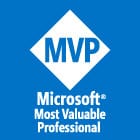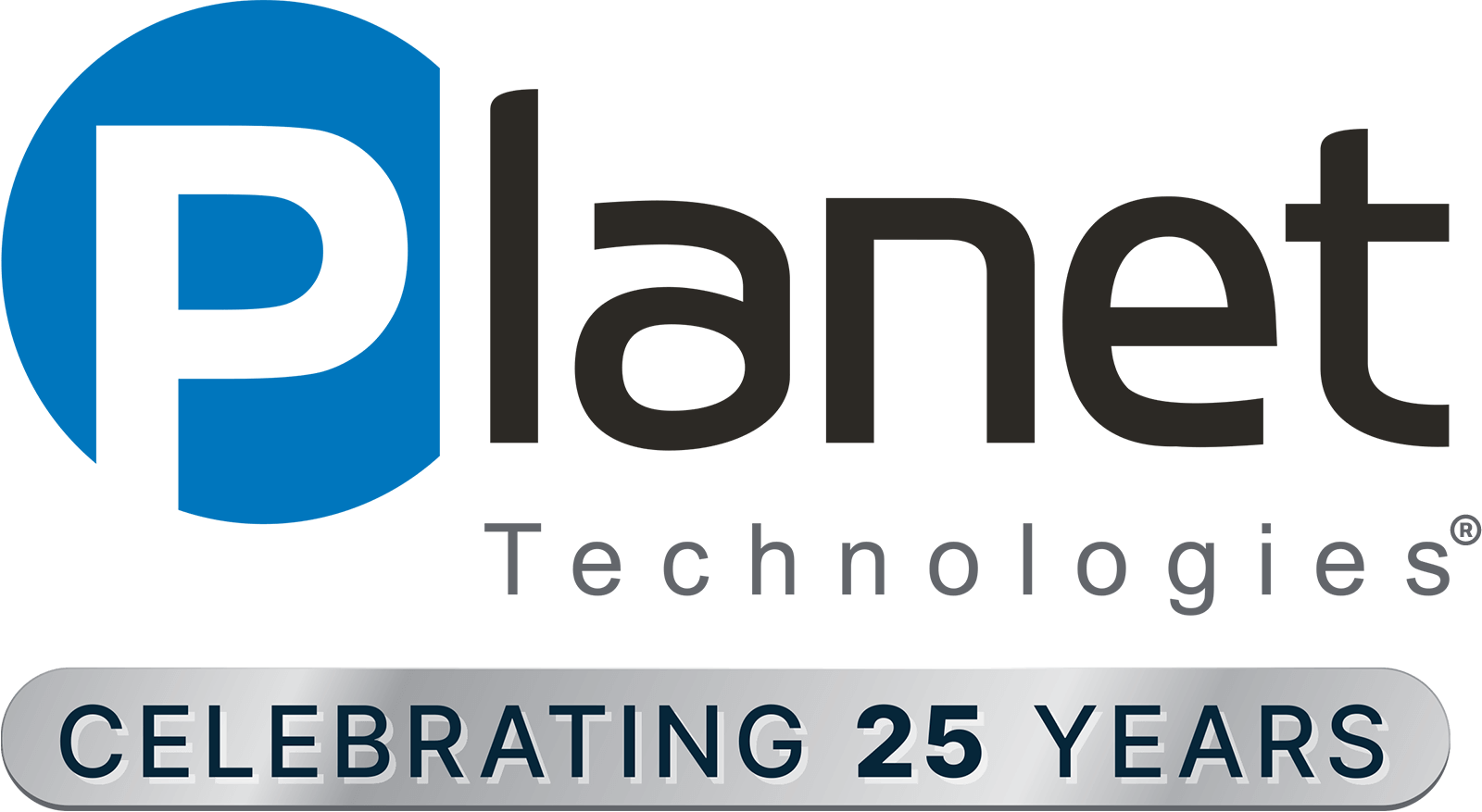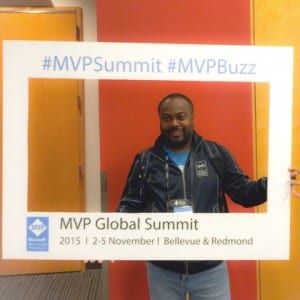Nintex Blog, February 5, 2016

The morning of the big announcement in January 2011, John P. White waited nervously to hear if he’d been chosen.Like an actor before the Oscar nominations are announced or a football player the day of the draft, John hoped for the best but could do nothing at that point. He’d done the work that could earn him this special recognition. Either he was selected or not.
And then he saw the email he’d been anticipating. He excitedly opened it and read that Microsoft had selected him to be a Microsoft Most Valuable Professional (MVP). He felt a thrill run through him at how this recognition would change his life.
“It was pretty darn exciting,” John says. “Not having an MVP doesn’t mean anything but having one does. You’re given that and it’s like a membership in a club. It opens a number of doors and it’s quite exciting. It’s the recognition that goes with a fair amount of hard work.”
Pictured here, Microsoft MVP Fabian Williams, of Planet Technologies, at the 2015 MVP Summit.
What’s the Microsoft MVP Program?
In the early 1990s, people would visit CompuServe forums to ask and answer technology questions. One of those participants, Calvin Hsia, created a list of the most active and helpful posters on the various forums.
In March 1993, Microsoft invited 34 of the people on Calvin’s list to attend the first TechEd, in Orlando, Florida, according to Microsoft’s MVP program turns 20 in InfoWorld. About a dozen attended. The Microsoft MVP program was born. More than 20 years later, more than 4,000 MVPs – including three Ninsters – belong to the program. MVPs receive awards in one of 25 award categories, include Office Servers and Services, which covers both Office 365 and SharePoint.
According to the Microsoft MVP website, MVPs are community leaders who’ve demonstrated “an exemplary commitment to helping others get the most out of their experience with Microsoft technologies.”
“We could not be successful without such an incredibly valuable and engaged group of people working with us,” said Brian Harry, Microsoft corporate vice present, developer division.
While MVPs’ opinions on products carry a lot of weight with Microsoft, they’re independent of Microsoft, aren’t paid by Microsoft and aren’t awarded as MVPs in order to act as Microsoft evangelists, says MVP and Nintex Senior Developer Adil Mughal.
 How Do You Become a Microsoft MVP?
How Do You Become a Microsoft MVP?
People don’t apply to become Microsoft MVPs, there’s no certification for it and they don’t pass a test, says John, an MVP in the Office Servers and Services category. Instea
d, becoming an MVP is based on a nomination – often by someone within Microsoft, such as a lead from a person’s region, who hears of someone’s involvement in the tech community. The nominee will then be considered for a one-year MVP award.
Microsoft awards MVPs quarterly. Criteria varies by technology and lifecycle but may include a person’s participation on online forums, such as Microsoft Answers, TechNet and MSDN; participation in conferences and user groups; contributions to podcasts, websites, blogs and social media; and authorship of articles and books. Microsoft compares each nominee’s contributions with those of other candidates.
Active MVPs whose one-year awards have expired must reapply for the award and must show that they’ve continued to remain active in the community.
Two-time Microsoft MVP Fabian Williams – in the Office Servers and Services category – says he felt privileged to receive his first nomination.
“Elated, humbled, lucky,” he says. “MVP is a great achievement. It’s an honor to have it.”
Nintex’s Adil, who is a 7-time Microsoft MVP in the Visual Studio and Development Technologies category, agrees.
“The key to becoming an MVP is sharing of knowledge and real-world experience,” he says. “There is no shortcut to become an MVP. You need to get active in the community for a long time and be consistent.”
What Are the Perks of Being a Microsoft MVP?
Being recognized as a Microsoft MVP can pay off in several ways, says John, who’s the chief technology officer at UnlimitedViz. Walking into a first meeting with a new customer, he finds that he doesn’t have to go into a lengthy description of his qualifications. They learn he’s an MVP and that carries weight, even though it’s a community designation rather than a technical one.
Other perks? Access to information. Access to the Microsoft product team, including at the annual MVP Summit. Access to software before it’s released. Opportunities to provide product feedback directly to Microsoft. Invites to speak at national and international events. Friendships with fellow MVPs from around the world.
John, Adil and Fabian all speak fondly of the four-day MVP Summit. John called it a “huge geekfest in Redmond” with Microsoft sessions on a variety of topics during the day and lots of socializing at night.
“I’m not sure I can do it justice by describing it,” says Fabian, SharePoint architect at Planet Technologies. “One thing I can say is that it’s never enough time.”
One huge benefit for Adil of attending the MVP Summit is that reminder of why he works in technology.
“I have always been very passionate about my field,” Adil says, “and getting recognized as an MVP and attending the MVP Summit gave me enough motivation to continue sharing my love with dev tools and technologies.”
For more information, check out Fabian Williams’ blog.


